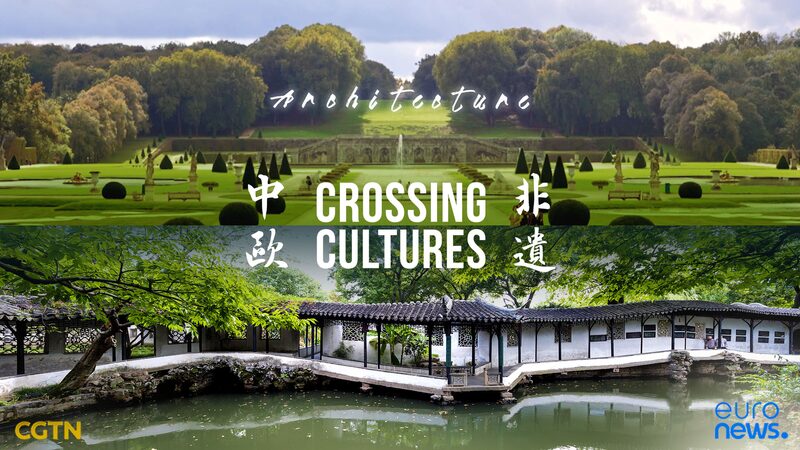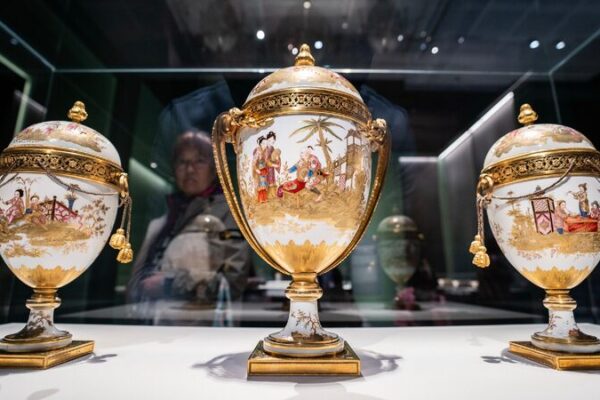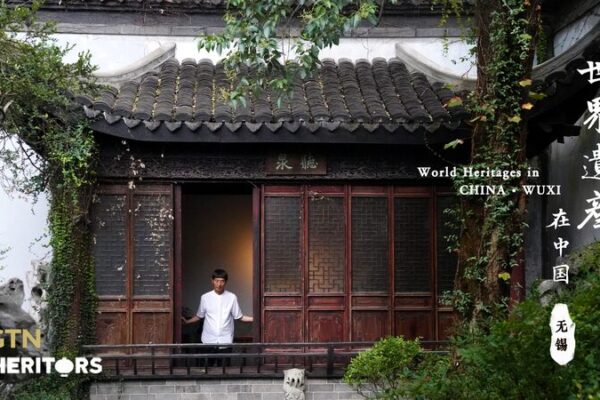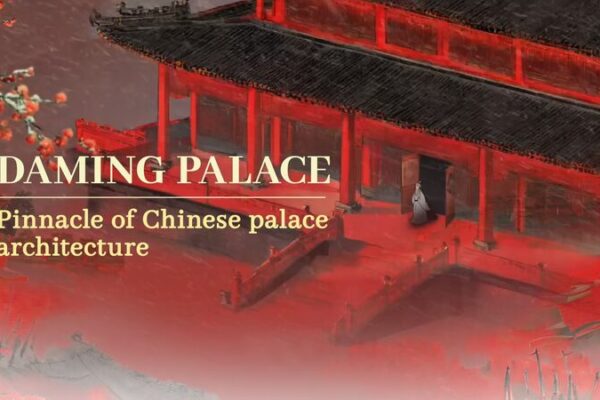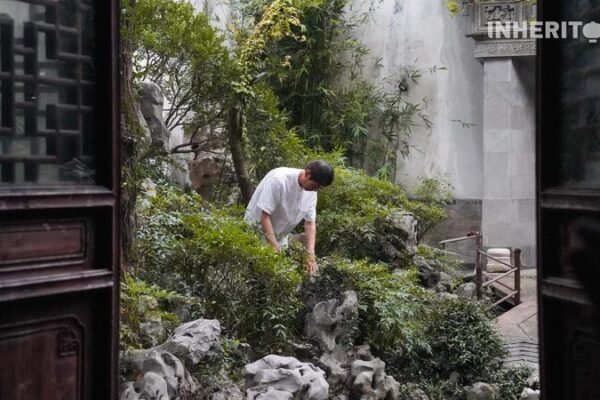Imagine strolling through a garden where every flower, tree, and pathway tells a story about a culture’s history and values. That’s exactly what you experience when you step into a French formal garden or a classical Chinese garden. These two styles may both involve plants and landscapes, but they’re worlds apart in design and philosophy.
The Majesty of French Gardens
French formal gardens, like the legendary Palace of Versailles, are all about grandeur and precision. Picture vast expanses of manicured lawns, perfectly trimmed hedges forming intricate patterns, and fountains that seem to defy gravity. Everything is symmetrical and orderly, showcasing human power over nature. It’s like nature’s been groomed for a royal parade.
The Tranquility of Chinese Gardens
On the flip side, classical Chinese gardens, such as the Humble Administrator’s Garden in Suzhou, embrace the beauty of natural irregularities. Winding paths lead you past koi-filled ponds, rock formations, and ancient pavilions. There’s no rush here; it’s all about harmony and finding peace within nature’s embrace.
Different Roots, Different Views
So why are these gardens so different? It comes down to cultural philosophies. French gardens grew from Renaissance thinking, emphasizing reason, order, and control. They reflect the idea that humans can and should shape nature to their will. Chinese gardens, influenced by Taoism and Buddhism, focus on living in harmony with the natural world, appreciating its innate beauty without trying to change it.
What Can We Learn?
These gardens aren’t just pretty places; they’re expressions of how societies view the world. For teens and young adults in the Global South, exploring these differences can inspire us to think about our own relationship with nature and culture. Do we try to control and shape our environment, or do we seek balance and harmony with it?
A Journey Through Culture
Next time you find yourself in a park or garden, consider the design. What does it say about the people who created it? Whether it’s the structured elegance of a French garden or the serene flow of a Chinese one, there’s a story waiting to be discovered—a story that transcends borders and speaks to the universal human experience.
Reference(s):
cgtn.com
